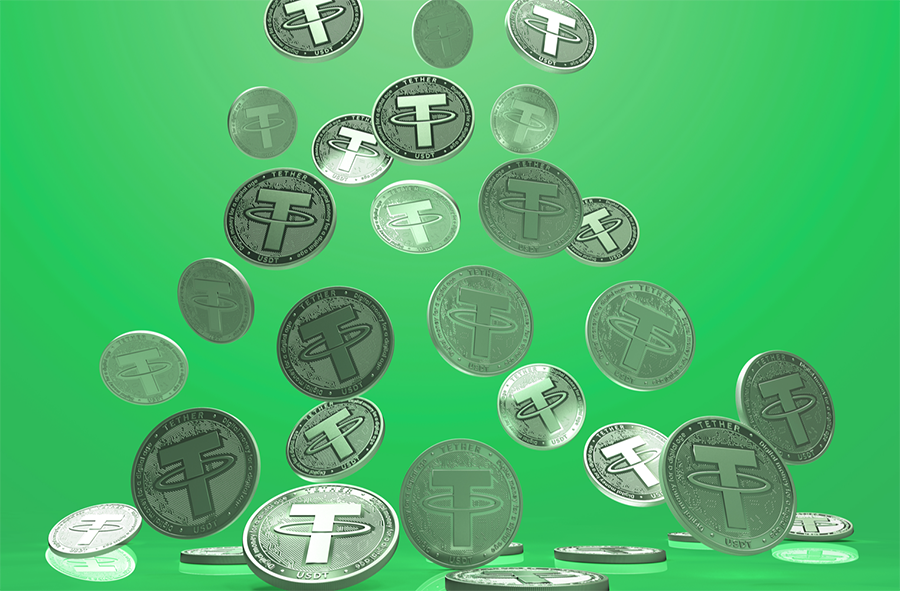A Wall Street Journal (WSJ) report revealed that crypto-focused hedge funds are increasingly shorting the controversial U.S. dollar-pegged stablecoin, Tether (USDT), amid a bleak market outlook nearly a month after the implosion of terraUSD (UST).
Leon Marshall, head of institutional sales at Genesis, the first U.S. OTC bitcoin trading company, said in a statement that “There has been a real spike in the interest from traditional hedge funds who are taking a look at tether and looking to short it.” Marshall added the positions were worth at least “hundreds of millions” of dollars.
Genesis explained that short positions increased after the multi-billion-dollar implosion of UST. Prices of the programmable stablecoin, which is supposed to trade 1:1 to the U.S. Dollar, plunged to currently trading 3 cents as of the time of this writing. The fall of LUNA and UST caused a contagion risk damage within the crypto space that affected prominent crypto lenders and trading funds.
What You Should Know
- According to the WSJ, some funds are shorting USDT as a bet on the broader economy as the U.S. Federal Reserve raises interest rates to curb 40-year-high inflation. Others are concerned about the quality of the assets backing tether.
- Stablecoins like Tether are backed by fiat currencies and equivalent asset investments such as “commercial paper,” bank deposits, bonds, gold, and cryptocurrencies, as per issuer Tether Global.
- The stablecoin market has taken a hit since UST’s implosion in May with investors redeeming huge amounts of USDT. In mid-June, investors pulled some $1.7 billion from Tether in a week alone.
Data from CoinGecko reveals that Tether’s market capitalization has fallen over $20 billion since mid-May.
- Funds like Fir Tree Partners and Viceroy Research LLC have previously bet against Tether, citing opacity about the asset’s actual backing and the lack of audited reserves.
- Tether officials have, however, denied such risks exist. In June, Tether said rumors of its portfolio being “85% backed by Chinese or Asian commercial paper” were “completely false” and likely perpetrated by those looking to generate “additional profits from an already stressed market.
In April, a Tether spokesperson told MarketWatch that said that the short-sellers seem to be involved in a “clever scheme to raise capital from those less knowledgeable, by leveraging on disinformation with the end goal of collecting a management fee.”











